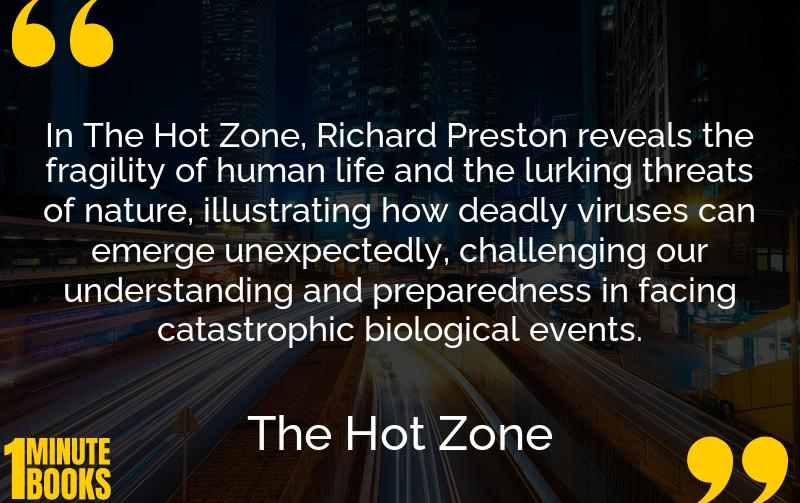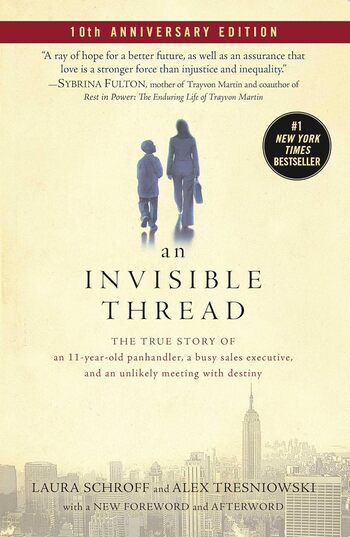
The Hot Zone by Richard Preston is a non-fiction thriller that explores the emergence of deadly viruses like Ebola. It recounts the real-life outbreak of an Ebola-like virus in a monkey facility near Washington D.C., emphasizing the risks and ethical dilemmas of virus research.
Main Lessons
- Ebola and other biosafety level 4 pathogens are deadly, highly contagious, and have no known cures.
- The illusion of viral agency is prominent; viruses wreak havoc despite lacking consciousness.
- The dehumanizing nature of viruses challenges humans emotionally and societally.
- The ethical dilemma of virus research: balancing safety against scientific progress.
- The narrative underscores the risks of viral outbreaks in densely populated areas.
- Despite rigorous safety protocols, accidents and near-exposure events occur, illustrating vulnerability.
- The book reveals the painstaking, sometimes dangerous, process of scientific exploration and containment.
- Tracing the history of outbreaks, like the Marburg virus, helps identify potential virus reservoirs.
- Understanding virus origins could prevent future pandemics.
- Societal readiness and rapid response are crucial in preventing the spread of new viral diseases.
- The gripping narrative brings attention to the unpredictability and potential impact of emerging viruses.
- Virus outbreaks can lead to real fear and uncertainty in communities, requiring effective communication and management.
- Highlights the ongoing struggle and challenge faced by scientists working with dangerous pathogens.








